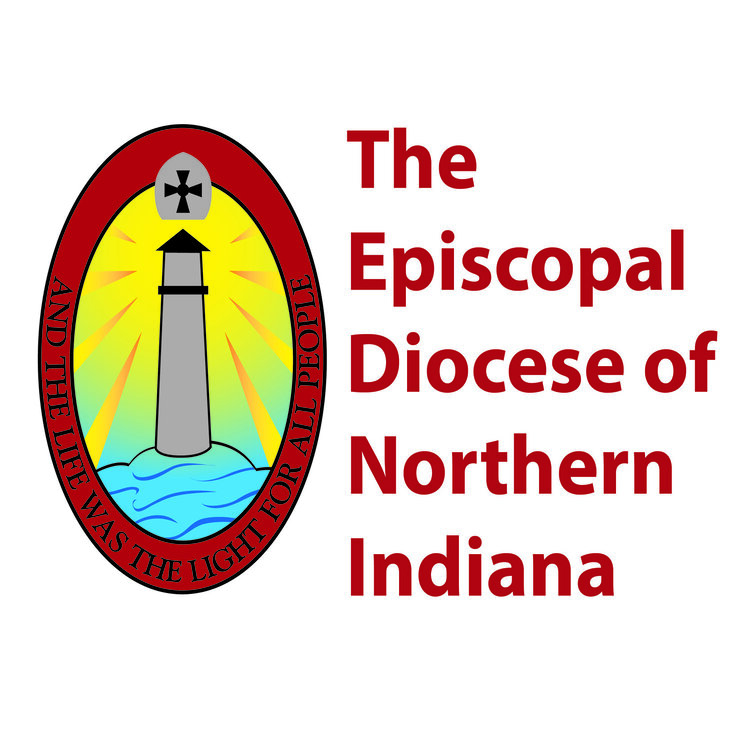Dear brothers and sisters,
Recently I received a note from Lorrie Morris, a member of St. Andrew’s, Valparaiso, posing an interesting – and apt – question: “What books should every Episcopalian read?” I’ve been pondering my own reading, thinking about what has enriched and challenged and informed me over the years; what has helped me to grow in faith; what has empowered me to be a more effective disciple of Jesus Christ.
Any list that I might produce will be, almost by definition, idiosyncratic. Reading tastes vary. Some people tend toward the “literary,” others look for something more practical and results-oriented. Some prefer straight theology. Others look for writing that is more creative, anecdotal, filled with narrative. The following list reflects my own peculiarities. It is also, in essence, “archeological,” reflecting the books that over the decades have most influenced me. With that caveat in mind, here goes:
It goes without saying (but nonetheless I should say it) that our primary text is the Bible. For Christians in the Anglican tradition, the Bible is paired with the Book of Common Prayer, which helps us to pray the Scriptures. Lex orandi lex credendi is an Anglican motto. Literally it means, “The law of praying is the law of believing,” but could be paraphrased as saying: “You can tell what people believe by listening to the content of their prayers.”
What else?
The first book I read as a new Christian was Your God Is Too Small, by J. B. Phillips, and Anglican priest who is best known for his paraphrase of the New Testament. This book does two things. It looks at “inadequate” conceptions of God; and then it shows us how Jesus is God “focused” into a human being who walked on our planet.
I would recommend the entire “canon” of C. S. Lewis’ writings – his books include children’s literature, science fiction, theology, essays, fantasy, and literary history. But if pressed to choose one book, I’d suggest Mere Christianity. This book has its origins as a series of broadcast talks that Lewis gave during World War II. It covers topics as varied as clues to the existence of God, the Trinity, and Christian behavior.
John Stott is another favorite of mine. He was an evangelical Anglican priest, long-time vicar of All Souls, Langham Place, in London, and a writer of great power. He had the gift of expounding the Bible in a way that is engaging and informative. Like Lewis, he is the author of dozens of books. But for the purposes of this list I’ll recommend two: Basic Christianity (a helpful exposition of the person and work of Jesus Christ) and The Cross of Christ (which points to the many ways that the Bible describes the saving work of Jesus).
Michael Ramsey, the 100th Archbishop of Canterbury, was a scholar as well as a pastor. I had the privilege of hearing him speak in the mid-1970s at a conference at Grace Cathedral, San Francisco. I highly recommend three of his books: The Anglican Spirit (which captures something of the unique giftedness of the Anglican expression of the Christian faith); The Gospel and the Catholic Church (a book on ecclesiology – the place of the church in God’s plan); and – especially for clergy – The Christian Priest Today (taken from ordination retreats that Archbishop Michael gave during his time in Canterbury).
Finally, at least for the purposes of this list, there’s N. T. Wright, the former Bishop of Durham who is now teaching at St. Andrew’s University in Scotland. Bishop Tom Wright is perhaps the most prolific writer on the New Testament in our era, and deeply respect around the world. Some of his books are long and dense, but here are two that are approachable and powerful: Surprised by Hope (on the New Testament teaching concerning eternal life) and Simply Jesus (Bishop Tom’s equivalent, for the 21st Century, of Mere Christianity, a winsome presentation of the basics of Christian belief).
So many books, so little time! At some point in the future, I’ll expand on this list. Meanwhile, many thanks to Lorrie for her question!
Yours in Christ,
+Ed
